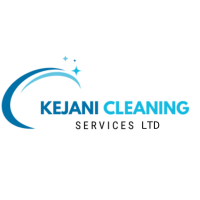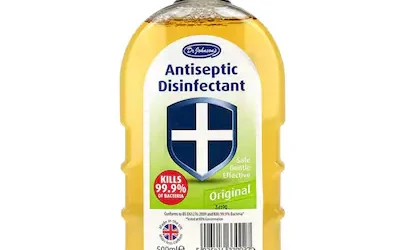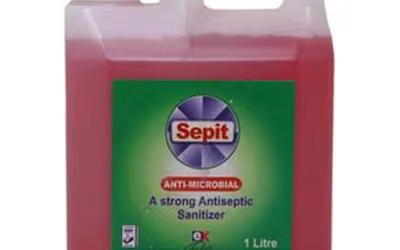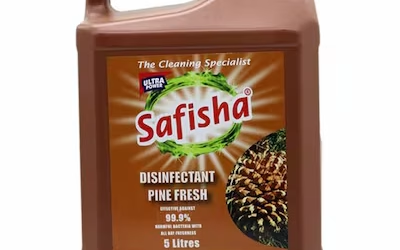Introduction
Hygiene plays a critical role in safeguarding human health, promoting dignity, and ensuring safe environments at home, in public, and at work. While many people associate hygiene only with personal cleanliness, it’s much broader and deeply integrated into how we live, work, and eat.
At Kejani Cleaning Services Limited, we’ve built our brand around helping individuals and businesses maintain the highest standards of hygiene — not just for cleanliness but for safety, productivity, and quality of life. In this article, we explore the 4 major types of hygiene, how each affects daily life, and what you can do to uphold them.
1. Personal Hygiene
Definition: Personal hygiene refers to the daily habits and practices that individuals perform to maintain cleanliness and prevent disease.
Examples include:
-
Regular hand washing
-
Bathing and oral care
-
Wearing clean clothes
-
Grooming (hair, nails, etc.)
-
Using deodorant or antiperspirant
Why it matters: Personal hygiene is the first line of defense against infections. It prevents the spread of bacteria and viruses, boosts self-confidence, and fosters better social interactions.
Kejani Tip: If you run a business or institution (like schools or clinics), you must promote personal hygiene by ensuring restrooms are clean and equipped with soap, tissues, and clean water.
2. Environmental Hygiene
Definition: Environmental hygiene focuses on keeping the spaces around us—homes, workplaces, public places—clean and free from hazards that can lead to illness or injury.
Examples include:
-
Waste collection and disposal
-
Cleaning and disinfecting surfaces
-
Pest control
-
Maintaining clean water sources
-
Toilet and bathroom sanitation
Why it matters: Clean surroundings lower the risk of disease outbreaks (e.g., cholera, typhoid, respiratory illnesses), prevent mold and allergen buildup, and promote overall well-being.
Kejani Services in Action: We offer residential, commercial, and industrial cleaning, including disinfection, post-construction cleaning, and pest control across Nairobi, Kiambu, Kajiado, and more.
3. Food Hygiene
Definition: Food hygiene refers to the proper handling, preparation, and storage of food to prevent contamination and ensure it’s safe for consumption.
Examples include:
-
Washing hands before handling food
-
Properly cleaning utensils and kitchen surfaces
-
Cooking food to the right temperature
-
Safe food storage (e.g., refrigeration)
-
Avoiding cross-contamination
Why it matters: Poor food hygiene can lead to foodborne illnesses like salmonella, E. coli, and norovirus, which can cause serious health issues or even death.
Kejani Cares: Whether you’re running a restaurant, a catering company, or a home kitchen, maintaining food hygiene protects your customers and your reputation.
4. Occupational Hygiene (Workplace Hygiene)
Definition: Occupational hygiene involves controlling environmental factors in the workplace that may cause injury, illness, or discomfort to employees or clients.
Examples include:
-
Providing clean workspaces and restrooms
-
Safe disposal of industrial waste
-
Providing personal protective equipment (PPE)
-
Controlling air quality and noise
-
Routine office or factory cleaning
Why it matters: A hygienic workplace reduces absenteeism, enhances employee morale, improves productivity, and creates a professional image that builds trust with clients.
Kejani for Business: We support offices, banks, hospitals, and factories with contract janitorial services, disinfection programs, and scheduled cleaning — helping you meet compliance and protect your team.
Summary Table
| Type of Hygiene | Focus Area | Why It Matters |
|---|---|---|
| Personal Hygiene | The individual | Prevents illness and improves confidence |
| Environmental Hygiene | Surrounding spaces | Reduces disease and maintains cleanliness |
| Food Hygiene | Food preparation and storage | Prevents food poisoning and contamination |
| Occupational Hygiene | Workplace conditions | Boosts safety, productivity, and employee morale |
Frequently Asked Questions (FAQ)
Q1: Why are there different types of hygiene?
A: Different types of hygiene focus on specific aspects of life (personal, environmental, food, work) because each has unique risks and health concerns.
Q2: How can I improve hygiene in my business?
A: Partner with a professional cleaning company like Kejani Cleaning Services Limited for regular cleaning, staff training, and hygiene product supply.
Q3: Can poor hygiene affect mental health?
A: Yes. Poor hygiene environments can cause stress, reduce confidence, and lead to social isolation or embarrassment.
Q4: What industries require strict hygiene standards?
A: Healthcare, hospitality, food service, manufacturing, and education sectors all require high hygiene standards to operate safely and legally.
Call to Action 🚨
Ready to upgrade your hygiene game?
Whether at home, in the office, or managing a public facility, Kejani Cleaning Services Limited is your trusted partner for top-tier hygiene products
📍 Serving the counties of Nairobi, Kiambu, Kajiado, Mombasa, Nakuru, Machakos, Kisumu, Meru, Embu, Kilifi, Tharaka Nithi, and more.
📞 Call/WhatsApp: +254 115 887 085
👉 Clean space. Healthy life. Better business. Let’s build a cleaner Kenya together.





0 Comments